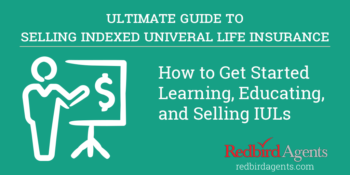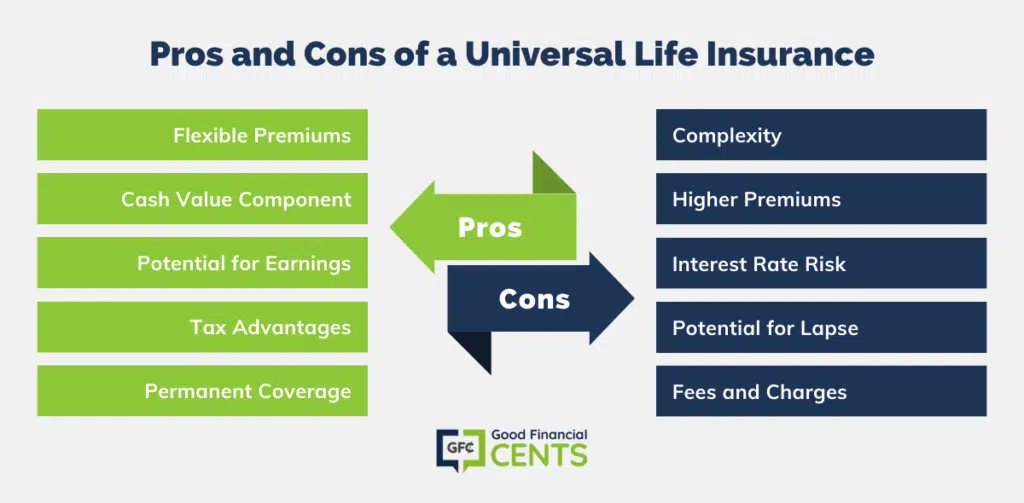All Categories
Featured
Table of Contents
1), often in an attempt to beat their group averages. This is a straw male disagreement, and one IUL people like to make. Do they compare the IUL to something like the Lead Total Stock Exchange Fund Admiral Show no tons, a cost proportion (ER) of 5 basis factors, a turnover proportion of 4.3%, and a phenomenal tax-efficient record of circulations? No, they compare it to some dreadful actively taken care of fund with an 8% load, a 2% EMERGENCY ROOM, an 80% turn over proportion, and a horrible record of temporary resources gain circulations.
Shared funds usually make annual taxable circulations to fund proprietors, also when the value of their fund has decreased in worth. Mutual funds not only require revenue reporting (and the resulting yearly taxes) when the shared fund is increasing in worth, however can likewise enforce earnings tax obligations in a year when the fund has actually decreased in value.
That's not exactly how shared funds function. You can tax-manage the fund, collecting losses and gains in order to reduce taxable distributions to the financiers, yet that isn't somehow mosting likely to change the reported return of the fund. Only Bernie Madoff types can do that. IULs avoid myriad tax obligation traps. The ownership of mutual funds might require the shared fund proprietor to pay estimated taxes.

IULs are very easy to place to ensure that, at the owner's fatality, the beneficiary is exempt to either revenue or inheritance tax. The same tax obligation decrease methods do not work almost also with shared funds. There are various, frequently pricey, tax obligation catches connected with the timed trading of common fund shares, traps that do not relate to indexed life Insurance policy.
Chances aren't very high that you're going to undergo the AMT as a result of your shared fund circulations if you aren't without them. The remainder of this one is half-truths at best. While it is real that there is no earnings tax due to your heirs when they acquire the profits of your IUL plan, it is also true that there is no revenue tax obligation due to your beneficiaries when they acquire a shared fund in a taxable account from you.
Guaranteed Universal Life Insurance Cost
There are better methods to stay clear of estate tax concerns than getting investments with reduced returns. Shared funds may cause income taxes of Social Safety advantages.

The development within the IUL is tax-deferred and might be taken as tax free income via car loans. The plan proprietor (vs. the common fund supervisor) is in control of his or her reportable revenue, thus allowing them to minimize and even eliminate the taxes of their Social Safety benefits. This one is excellent.
Here's an additional minimal problem. It holds true if you buy a mutual fund for state $10 per share prior to the distribution day, and it disperses a $0.50 distribution, you are then mosting likely to owe tax obligations (probably 7-10 cents per share) regardless of the truth that you have not yet had any gains.
But in the long run, it's actually about the after-tax return, not just how much you pay in taxes. You are going to pay even more in taxes by utilizing a taxed account than if you acquire life insurance policy. You're additionally possibly going to have more cash after paying those taxes. The record-keeping needs for having mutual funds are substantially more complicated.
With an IUL, one's records are kept by the insurance provider, duplicates of annual statements are mailed to the proprietor, and distributions (if any kind of) are completed and reported at year end. This is additionally type of silly. Naturally you must maintain your tax obligation records in instance of an audit.
Iul Annuity
Hardly a factor to purchase life insurance policy. Common funds are generally part of a decedent's probated estate.
Furthermore, they are subject to the hold-ups and expenditures of probate. The proceeds of the IUL policy, on the various other hand, is constantly a non-probate distribution that passes outside of probate directly to one's called beneficiaries, and is for that reason exempt to one's posthumous financial institutions, undesirable public disclosure, or comparable delays and costs.
Medicaid disqualification and lifetime revenue. An IUL can provide their proprietors with a stream of income for their entire life time, no matter of exactly how long they live.

This is beneficial when arranging one's affairs, and converting properties to earnings prior to an assisted living home confinement. Shared funds can not be transformed in a similar manner, and are usually taken into consideration countable Medicaid properties. This is an additional foolish one promoting that poor individuals (you understand, the ones who need Medicaid, a federal government program for the inadequate, to spend for their assisted living facility) should use IUL rather of common funds.
Eiul Policy
And life insurance policy looks horrible when contrasted relatively against a pension. Second, individuals who have money to purchase IUL above and past their retirement accounts are going to need to be awful at taking care of cash in order to ever before certify for Medicaid to pay for their assisted living facility prices.
Persistent and terminal illness biker. All plans will allow an owner's very easy access to money from their plan, often waiving any type of surrender penalties when such individuals experience a serious illness, need at-home treatment, or come to be confined to an assisted living facility. Mutual funds do not give a comparable waiver when contingent deferred sales fees still put on a mutual fund account whose proprietor needs to market some shares to fund the costs of such a remain.
Variable Universal Life Calculator
You get to pay more for that benefit (rider) with an insurance plan. Indexed universal life insurance provides fatality benefits to the beneficiaries of the IUL owners, and neither the proprietor neither the beneficiary can ever lose cash due to a down market.
Currently, ask yourself, do you in fact need or desire a survivor benefit? I definitely do not need one after I reach monetary freedom. Do I want one? I intend if it were inexpensive sufficient. Certainly, it isn't cheap. Typically, a purchaser of life insurance coverage spends for truth expense of the life insurance policy advantage, plus the prices of the policy, plus the profits of the insurance firm.
Guaranteed Universal Life Insurance Companies
I'm not completely sure why Mr. Morais included the entire "you can not lose money" once more here as it was covered fairly well in # 1. He just intended to repeat the very best marketing factor for these points I mean. Again, you do not lose nominal dollars, however you can shed real bucks, in addition to face serious chance price because of reduced returns.

An indexed global life insurance policy plan owner might exchange their policy for a completely various plan without causing revenue taxes. A mutual fund proprietor can stagnate funds from one common fund business to one more without selling his shares at the previous (thus activating a taxable occasion), and repurchasing brand-new shares at the latter, frequently based on sales charges at both.
While it is real that you can trade one insurance plan for an additional, the factor that individuals do this is that the first one is such a horrible plan that even after getting a brand-new one and going with the early, unfavorable return years, you'll still appear in advance. If they were sold the right plan the very first time, they should not have any kind of desire to ever before trade it and experience the very early, adverse return years once more.
Latest Posts
National Life Iul
Nationwide Indexed Universal Life
What's The Difference Between Whole Life And Universal Life Insurance